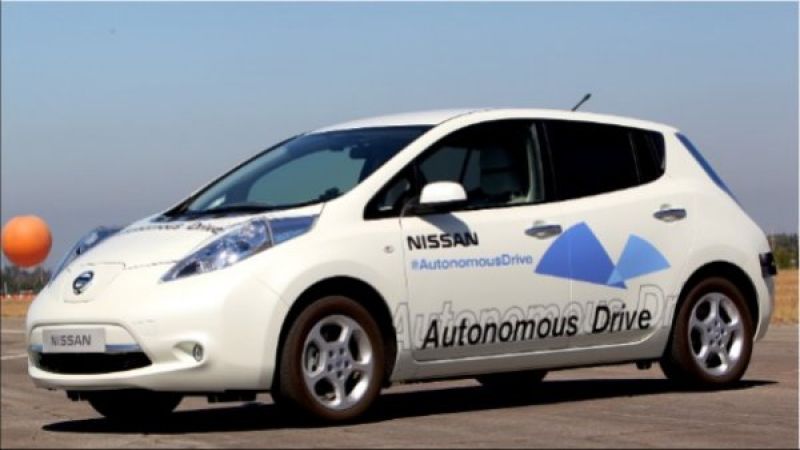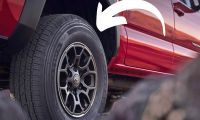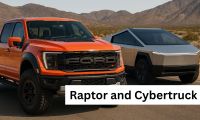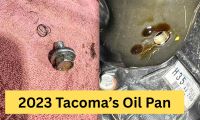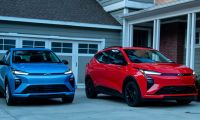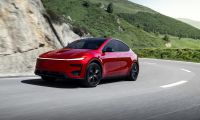An announcement today says that Nissan North America has partnered with NASA with a five-year research and development project to advanced autonomous vehicle systems with an aim towards commercial viability. Nissan's researchers in Silicon Valley and a NASA team from the Ames Research Center in Moffett Field, California will work together on self-driving vehicles, human-machine interfaces, and more.
The goal is to have deployed workable autonomous vehicles by the end of 2015, based on the research and development already done with the Nissan LEAF. The proof of concept for NASA specifically will be using zero-emission vehicles that are capable of transporting materials, goods, payloads and people with little or no remote supervision. This parallels NASA's research into planetary rovers and meshes well with the work Nissan has already done with the Autonomous Drive LEAF (shown above) for eventual mainstream consumer use.
"The work of NASA and Nissan – with one directed to space and the other directed to earth, is connected by similar challenges," said Carlos Ghosn, president and CEO of Nissan Motor Co. "The partnership will accelerate Nissan's development of safe, secure and reliable autonomous drive technology that we will progressively introduce to consumers beginning in 2016 up to 2020."
Nissan's timeline for commercial viability of self-driving cars is 2020, aiming for the capability of not just cars that drive themselves in commuter traffic, but also in complex situations such as city driving and cramped parking garages.
The terms of the NIssan-NASA partnership have the space agency benefiting from Nissan's expertise in component technologies for autonomous vehicles and access to prototype systems. Nissan will gain from NASA's vast robotics and software expertise integrated with their own hardware.
"Ames [Research] developed Mars rover planning software, robots onboard the International Space Station and Next Generation air traffic management systems to name a few. We look forward to applying knowledge developed during this partnership toward future space and aeronautics endeavors," said Ames Research Center director S. Pete Worden.
Set Torque News as Preferred Source on Google

